
OR
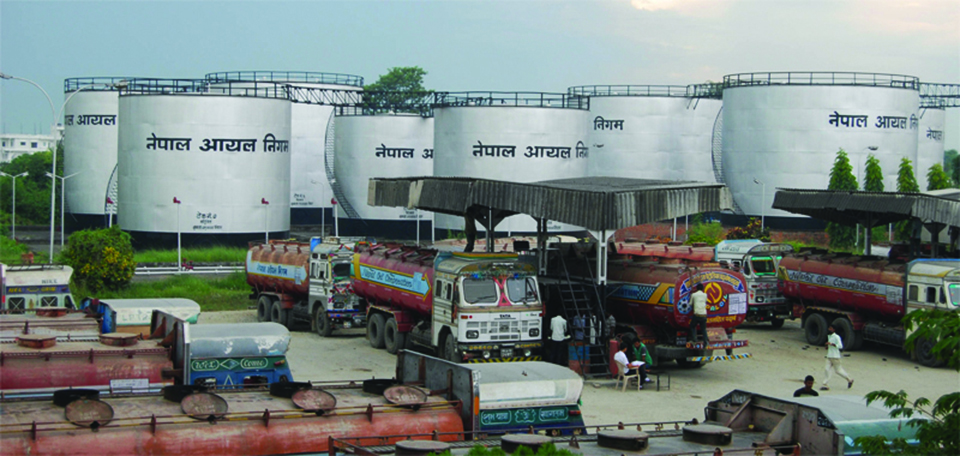
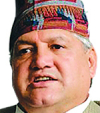
Sunil Bahadur Thapa
The author, former minister of Commerce and Supplies, is the General Secretary of RPP- Unitednews@myrepublica.com
More from Author
When necessary, NOC must leverage its strategic collaboration with Indian Oil Corporation to ensure that technological advancements are made for smooth supplies of fuel into our country
The historic petroleum pipeline project is on the verge of completion. After completion, the project will link India’s petroleum reserves directly with Nepal’s storage facility in Amlekhgunj. The petroleum pipeline project is also a technological leap in Nepal’s favor that will nullify traditional cost-consuming methods of transporting fuel. But more importantly, from a strategic point of view the pipeline project will eventually eliminate fuel transportation cartels who continue to hold the country hostage as their pilferage racket continues unabated. At this juncture, as we make a historical leap in terms of integrating Nepal’s fuel economy to that of India’s I can only say that the oil pipeline project is a testament of how continuous policy implementation , irrespective of which party forms the government, is a necessary precursor for Nepal’s economic development.
When I took over as the Commerce and Supplies Minister in the spring of 2014, Nepal Oil Corporation was in deep financial doldrums. Plagued by continuous political interference, the state-owned monopoly was incurring heavy financial losses despite being the sole institution mandated to import and distribute petroleum commodities throughout the country. The distribution network of petroleum products over the years had fallen into the hands of petty tank operators, whom every ecosystem within the distribution network continues to manipulate. This manipulation continues to cause heavy losses to the state and the consumers.
The next logical step for the government would be two fold. In the short term, the government should phase out private tankers and involve security agencies to fill in the gap caused by the phasing out of private tankers. Security agencies will see a return on their investments because NOC will pay them what they used to pay to private tankers—on per kilometer basis—in addition new tankers run by security agencies should also install GPS tracking system on tankers and anti-theft technology to ensure redundancy on the issue of pilferage. On the long run, the government must invest on pipeline connectivity throughout the country ensuring long-term fuel security. As NOC is a state owned monopoly, financing pipeline connectivity is not an impossible dream. Where and when necessary, NOC must leverage its strategic collaboration with Indian Oil Corporation to ensure that technological advancements are made for smooth supplies of fuel into our country.
A major reform that I initiated during my tenure as Supplies Minister was to introduce auto pricing system whereby oil prices would be dictated by the international oil prices not by populist measures. At this juncture in history, the Persian Gulf is once again at the edge of a possible conflict. The Organization of the Petroleum Exporting Countries (OPEC) is divided. Qatar has moved out of OPEC. The room for a conflict with Iran is real and in general the political situation in the Persian Gulf is volatile raising questions of smooth fuel supply in the future. This brings us to the issue of planning for possible contingencies in the face of a conflict in the Middle East.
A conflict in the Middle East will have an adverse impact on Nepal’s economy. There could be fuel shortage severely affecting our economy and the plight of Nepalis living in the Middle East would need urgent attention as the remittance economy would also take a direct hit. Therefore, in planning for a contingency, the government must pay attention for giving continuity to petroleum stabilization fund. This fund was created to observe radical fluctuations in international oil prices in extreme conditions. However, this measure is temporary in nature and the government must move forward in ending Nepal’s dependency in fossil fuel in the long run. But what is needed most urgently is that Nepal must move forward in ensuring that we have in stock fuel supply that will enable us to withstand any adverse international conditions out of Nepal’s control.
So what does the government need to do in terms of ensuring that we have in house fuel supply that will last us for at least 90 days? The government has in its possession substantive land parcels that it can pass onto NOC for constructing storage facility centers across the country. This move will be in contradiction to the previous government’s decision of procuring private land for the construction of storage facilities which will be well received throughout the country. The development of storage facilities at critical places across the country will ensure steady supply of fuel and it could also negate to a certain time period chances of public discontentment against the state, in the event of Nepal facing acute fuel shortages in the future.
In conclusion, the completion of the petroleum pipeline project is a milestone in Nepal’s history. It is one of the few bilateral projects that has witnessed completion. The pipeline project was a success because then Prime Minister Sushil Koirala backed the reforms I initiated whether they were related to the pipeline project, setting up of the petroleum stabilization fund, introducing the auto pricing system or initiating the vision to upgrade and modernize NOC’s storage capacities. Prime Minister KP Oli was also instrumental then as the chairman of UML and as a prominent leader of the ruling coalition to push my efforts in initiating reforms in NOC.
Policy reforms can only be successful if one is to set a clear path of processes for which the bureaucracy has the most important hand in ensuring success or failure of any project. As a minister I had the unique privilege of tapping into the vast administrative experiences of statecraft from my father. If there is any take away from my experience as a minister that I can draw from my father, it is that my father always pushed me to place trust in the bureaucracy, empower them and work within the system to ensure policy goals are always met.
The author, former minister of Commerce and Supplies, is the General Secretary of RPP- United
You May Like This
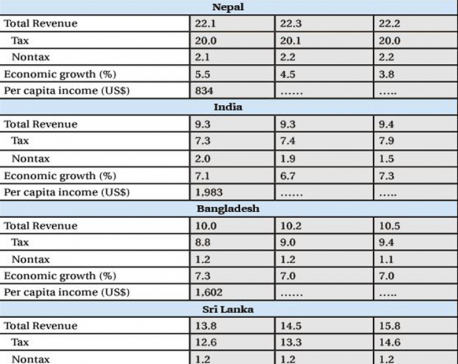
Tax exploitation in Nepal
High taxation policy pursued by Nepal has worked as a powerful drag on the economy by hurting private sector incentive... Read More...
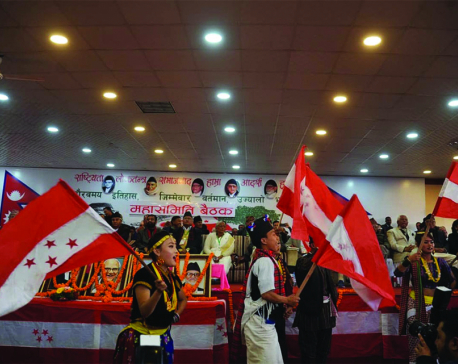
Path of peril
Even though politics of here and now demands repositioning of Nepali Congress, playing to the religious gallery might prove to... Read More...
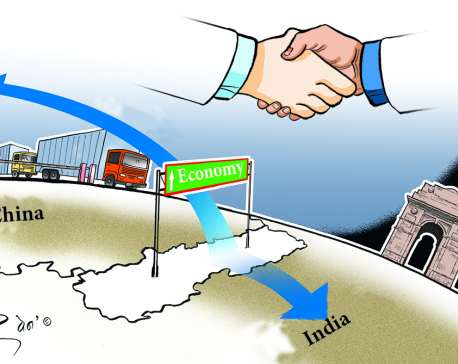
Tap the opportunities
Low level of economic integration combined with untenable trade deficit is making Nepal vulnerable to external shocks ... Read More...

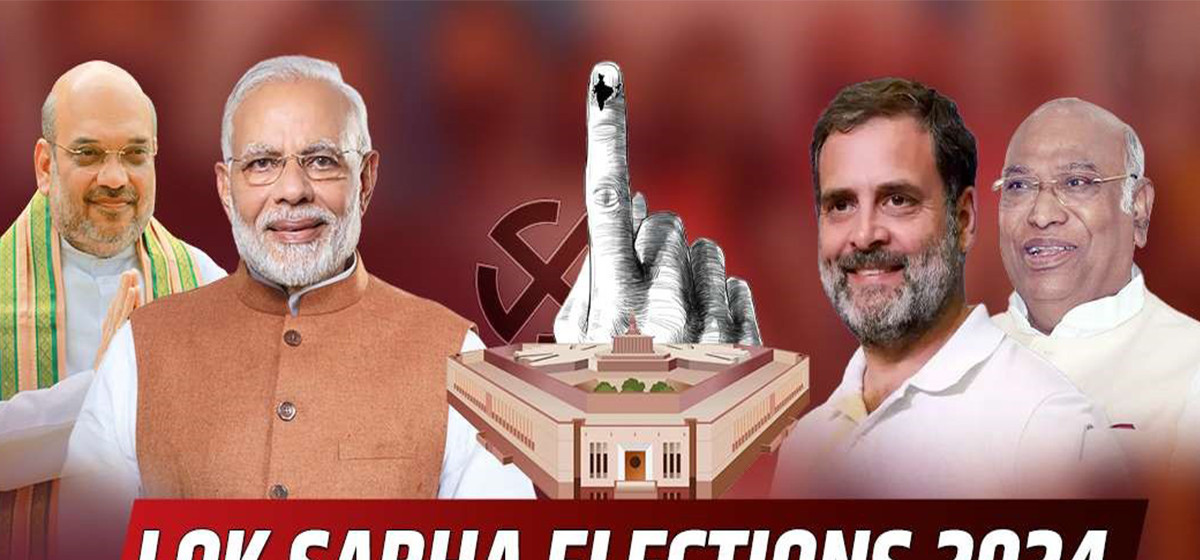


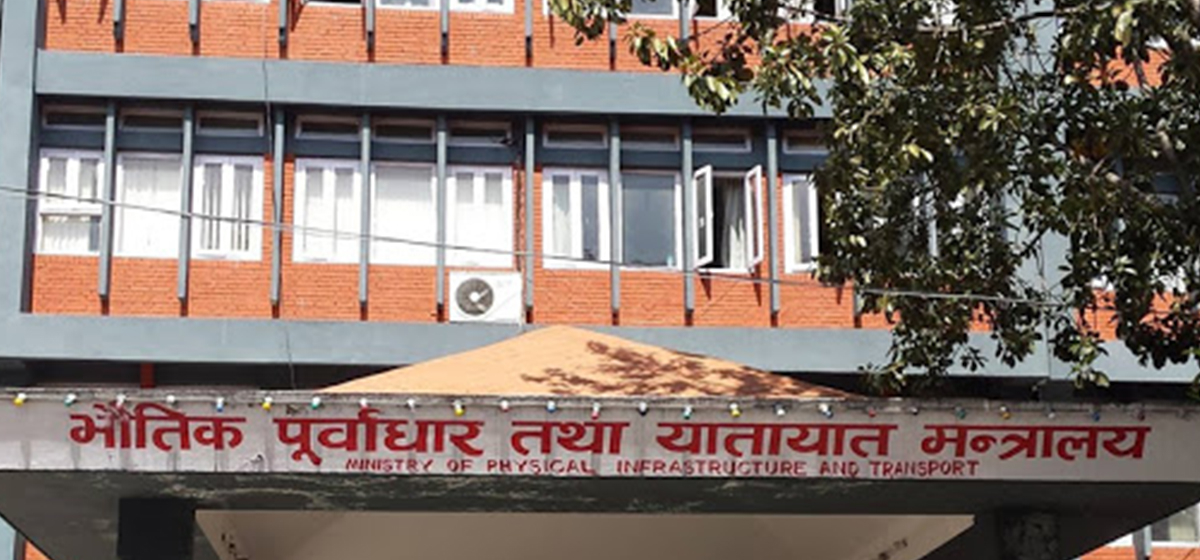
Just In
- Taylor Swift releases ‘The Tortured Poets Department’
- India starts voting in the world’s largest election as Modi seeks a third term as prime minister
- EC seeks cooperation for free and fair by-election
- Bus carrying wedding procession attendees meets with accident in Sindhupalchowk claiming three live
- CPN (Unified Socialist) to hold its Central Committee meeting on May 10-11
- Over 16,000 paragliding flights conducted in one year in Pokhara
- MoPIT prepares draft of National Road Safety Act, proposes rescue within an hour of an accident
- Light rainfall likely in hilly areas of Koshi, Bagmati, Gandaki and Karnali provinces











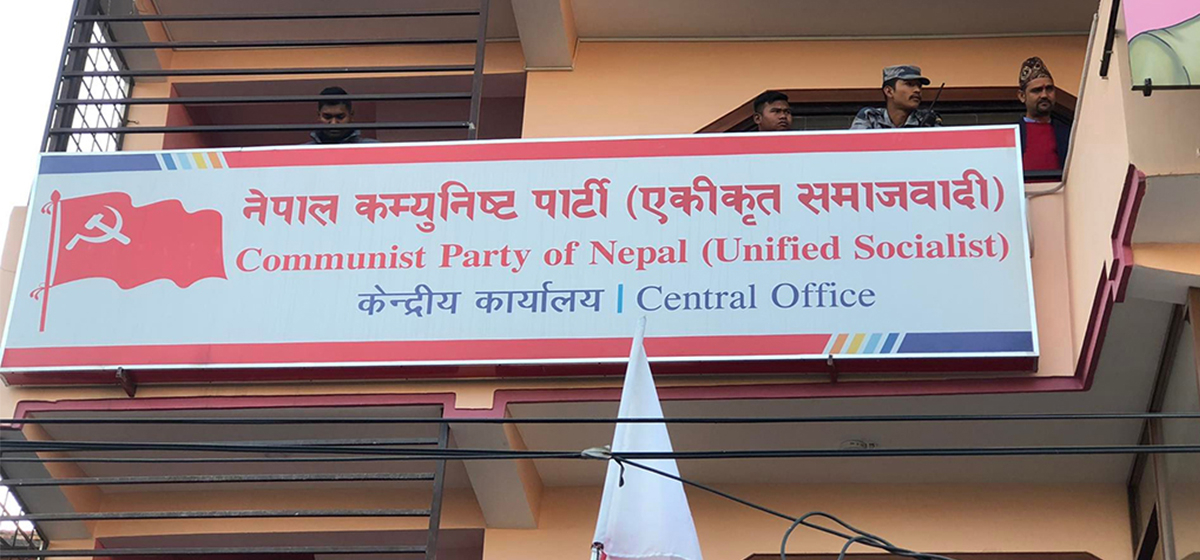
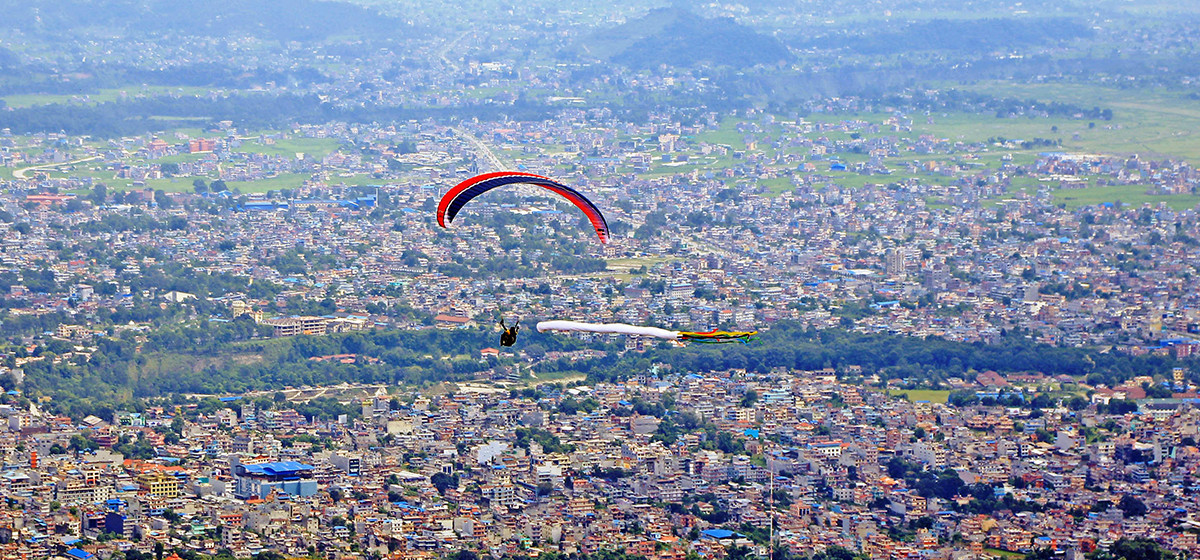

Leave A Comment